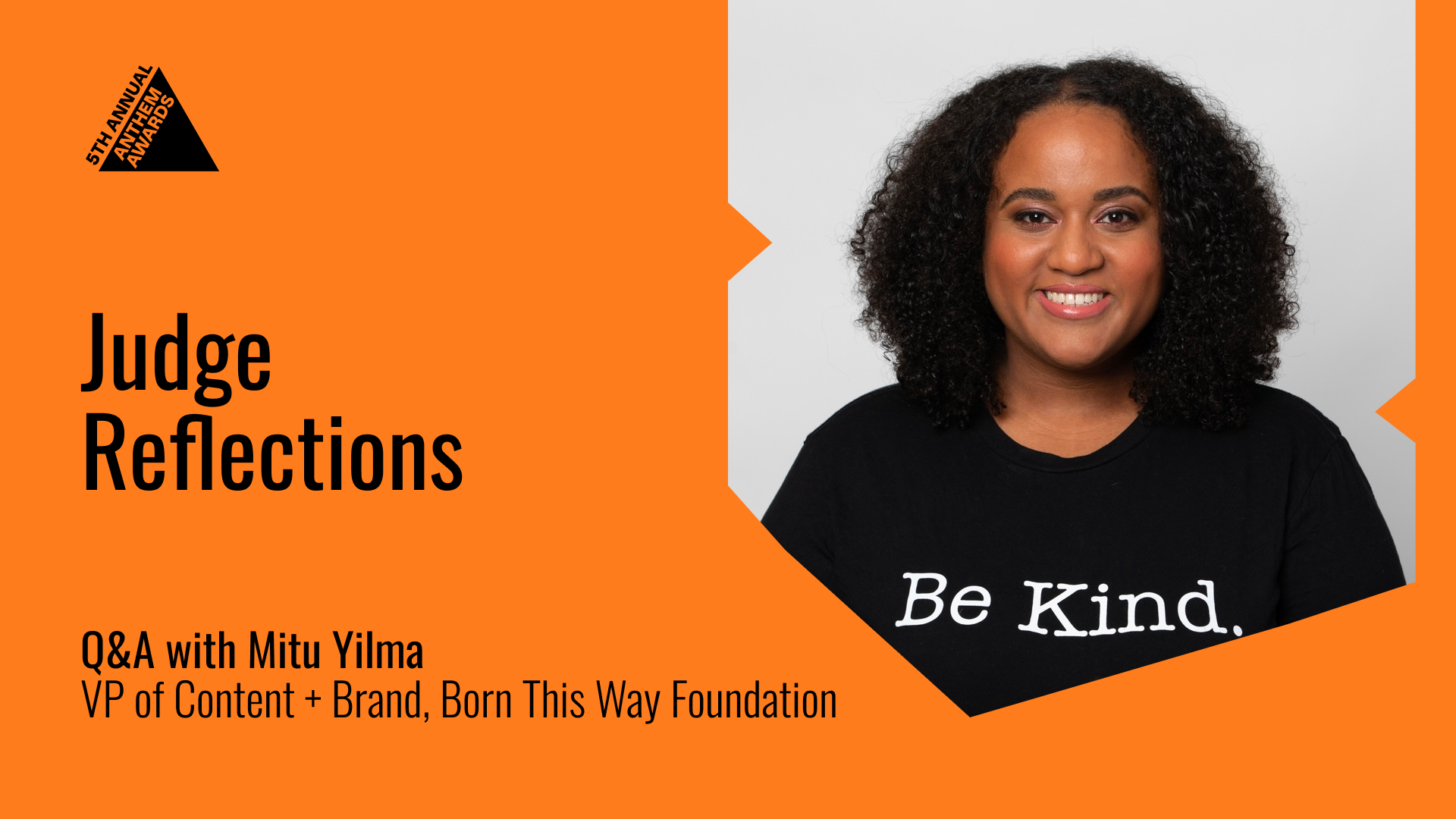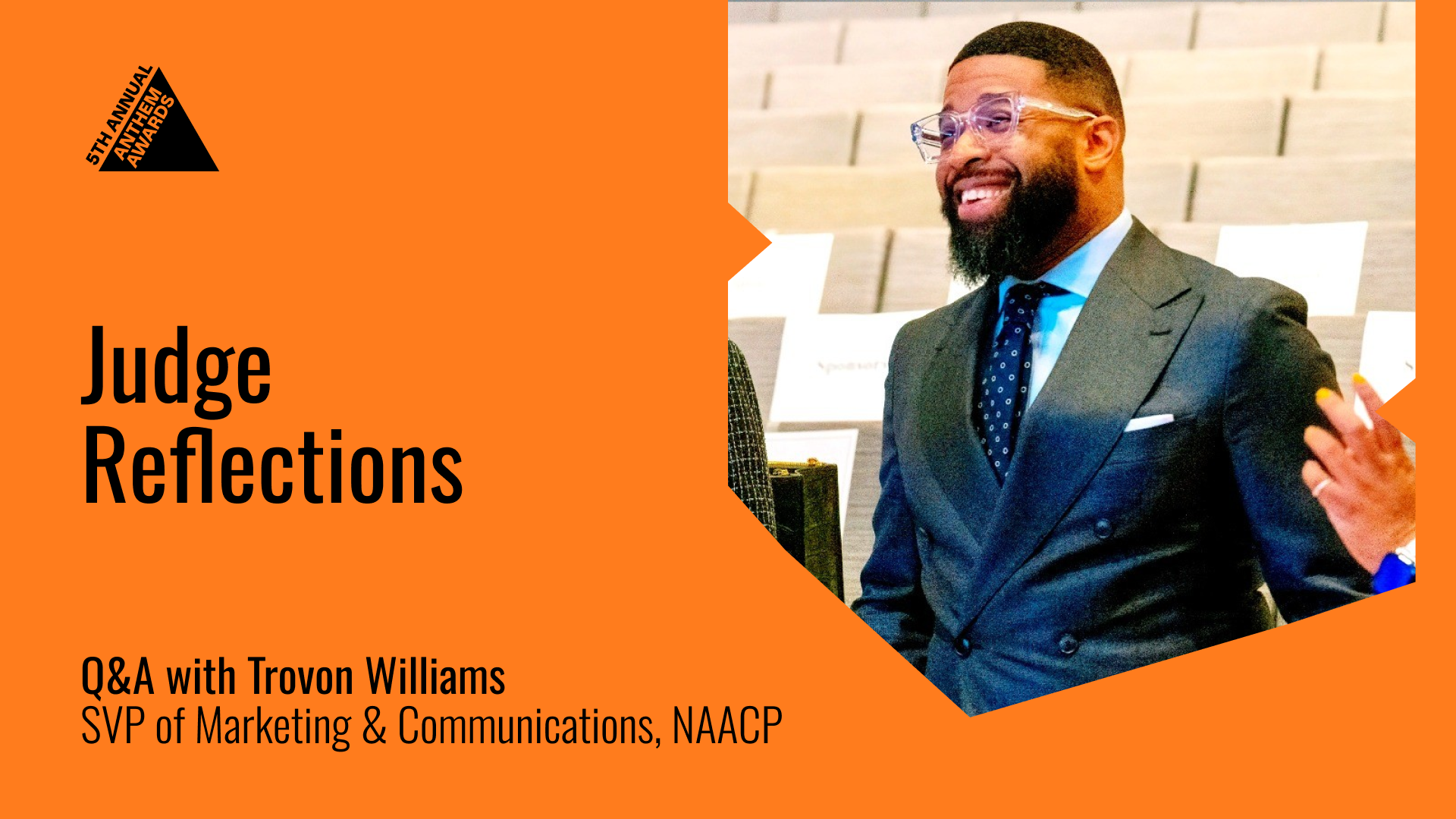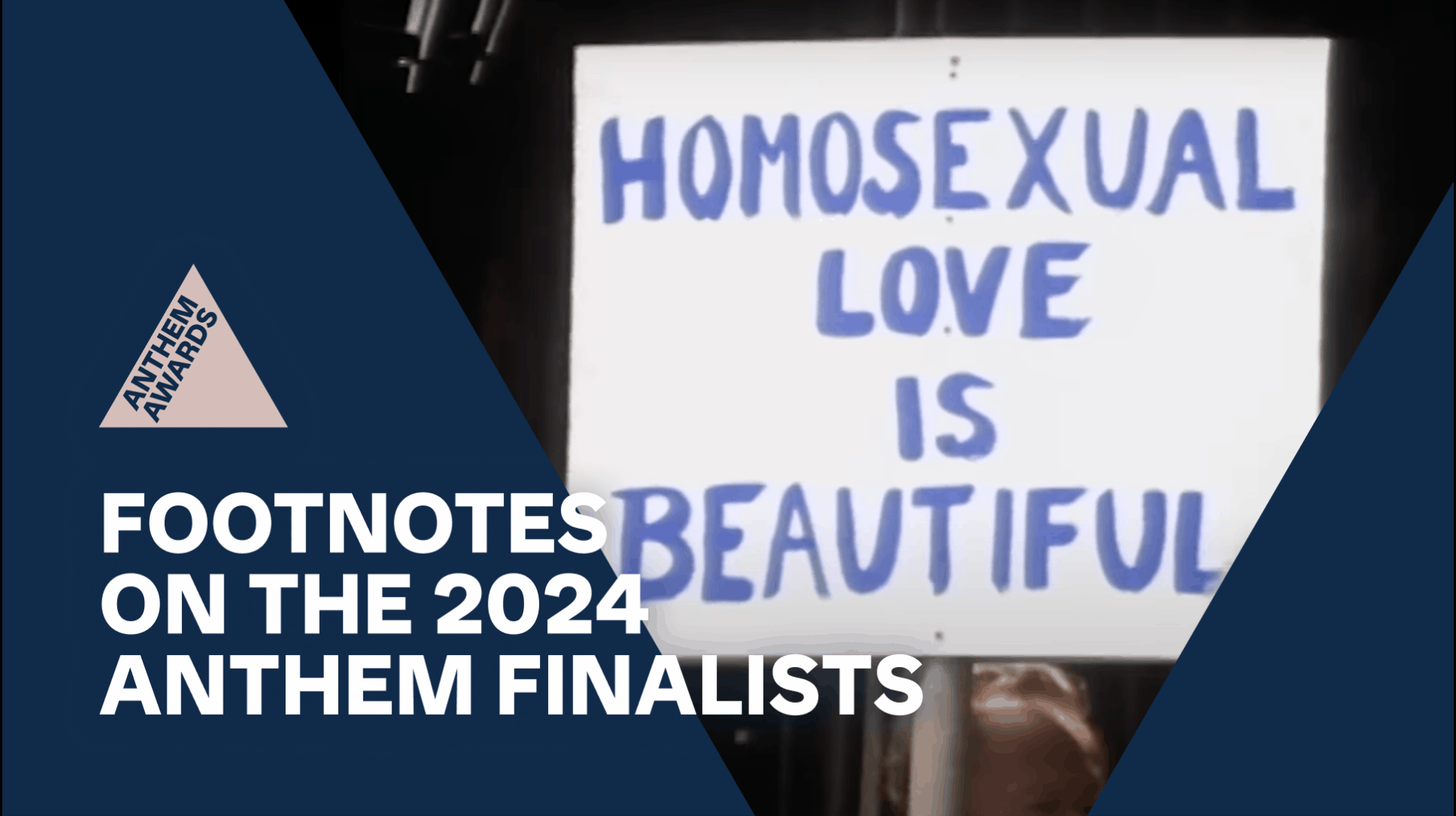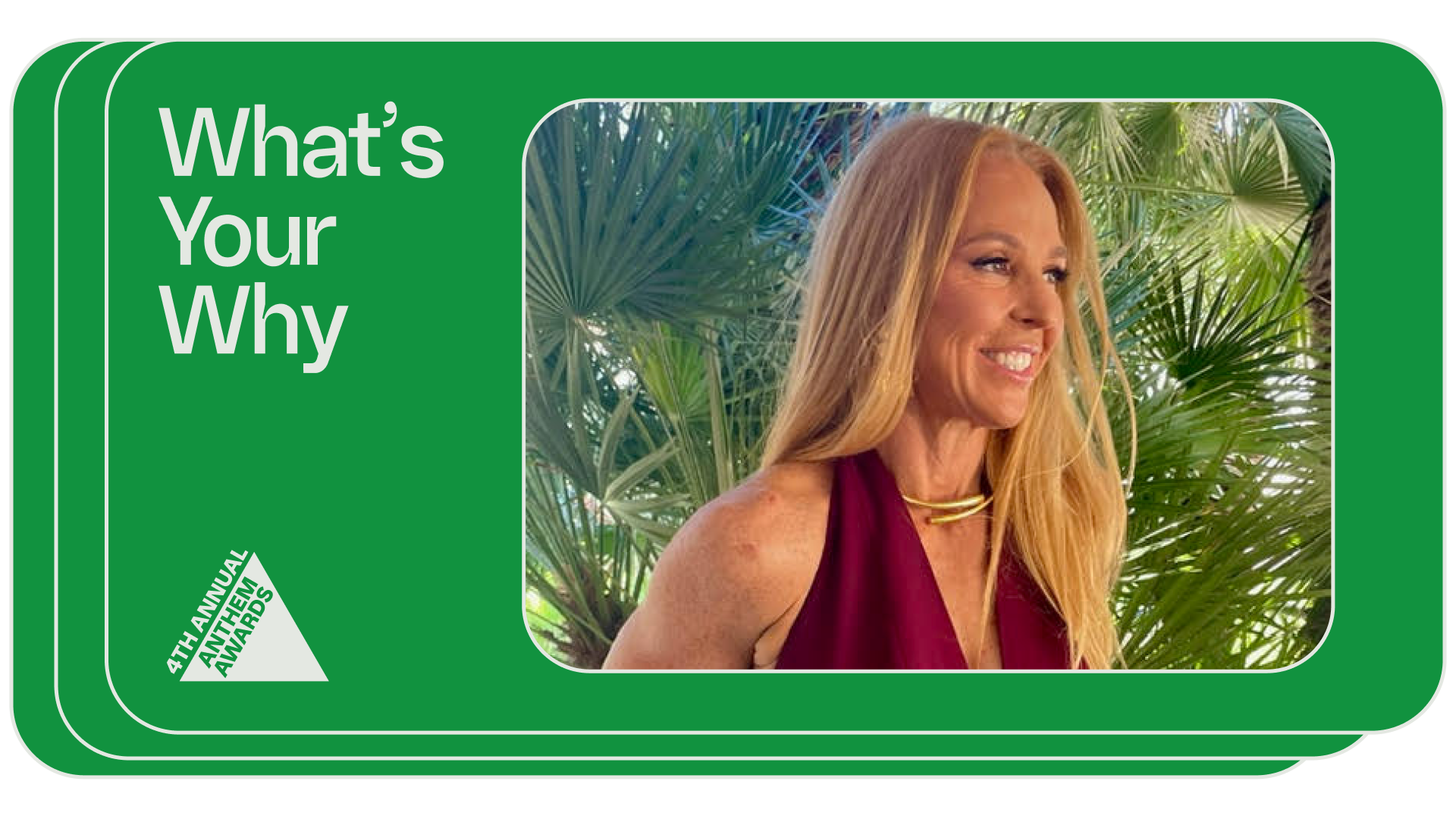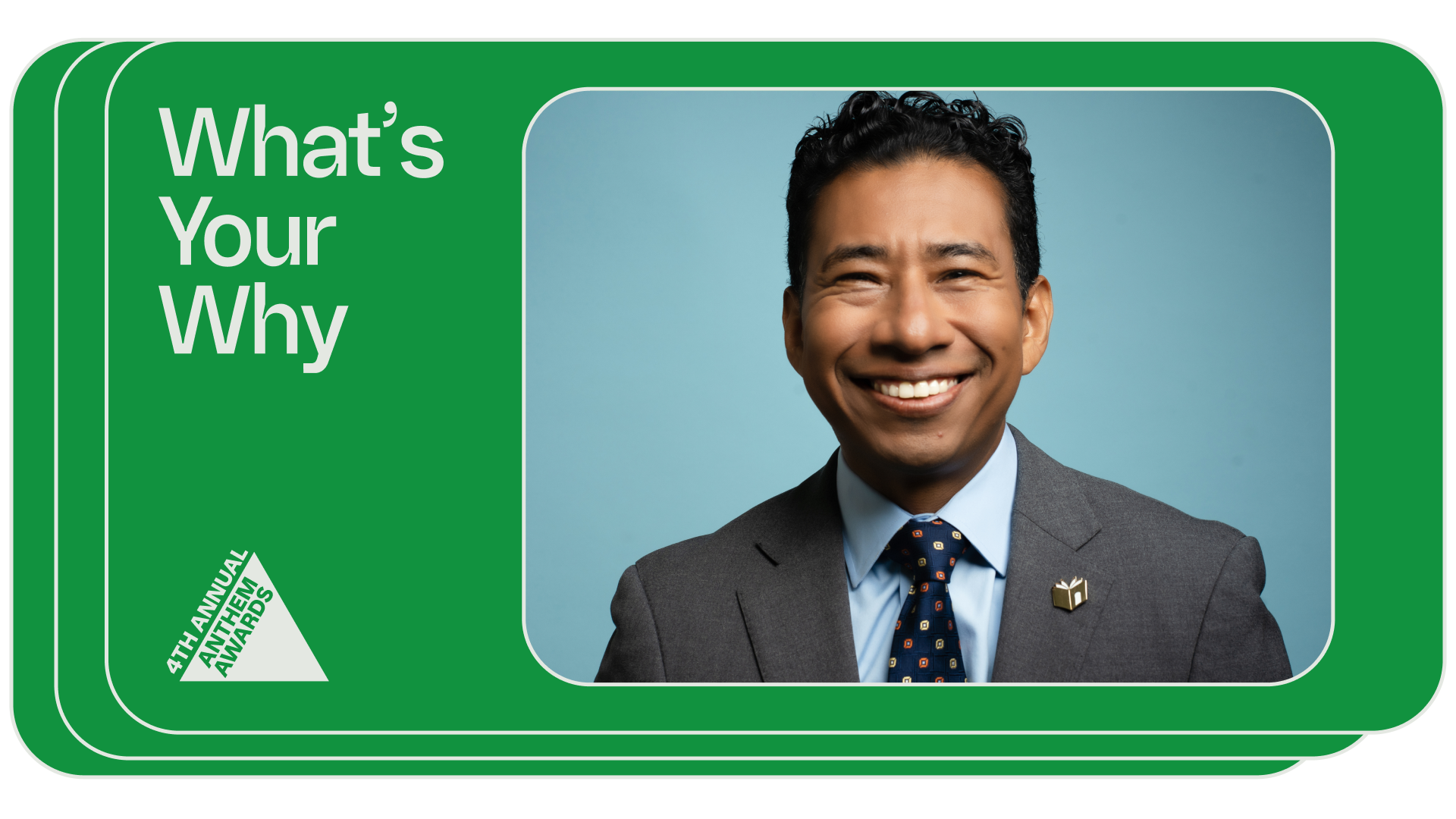Meet Chloe Barnes, Lead, Curation Standards (Representation & Inclusion), Twitter
Before Chloe Barnes was a social entrepreneur, facilitator, and DE&I advocate she was a former Division I Women’s Basketball player. Learn more about her and her inspiring work in our newest feature.

For those that don’t know you, tell us about your background:
My name is Chloe Barns (she/her/hers) and I’m a Chicago grown and New York-based former Division I Women’s Basketball player turned social entrepreneur, facilitator, and DE&I advocate, I’ve held leadership roles in the higher education, sports, and healthcare industries which led me to be named the first-ever Lead for Curation Standards (Representation & Inclusion) at Twitter, Inc., one of the largest public conversation platforms in the world.
In my current role, I work on Twitter’s Curation team and am responsible for advising on content diversification strategies and for creating and driving initiatives that help Twitter improve its global processes, policies, programs and approaches to including diverse and historically excluded voices in its curated content (e.g. Twitter Trends, Moments, Events, etc.).
When I’m not working, I love to leverage my past experiences as an entrepreneur to support and coach founders as they ideate, plan, fund, and launch the businesses of their dreams. With a specific passion for amplifying the voices and ideas of underrepresented founders, I currently serve as the Lead Program Facilitator for Tech Town Detroit’s STEM Entrepreneurial Excellence Program (STEEP), a 10-month business incubator program for Black/African American women entrepreneurs who are striving to increase growth, measurable sustainability and capital investment in their business.
What are you most looking forward to about reviewing Anthem Award entries?
I’m excited to be introduced to, and inspired by, the impactful work being done around the world that doesn’t often get amplified by the media. After this past year, so many of us have become isolated and often feel like our work is being done in silos. I believe that reviewing these entries will be a well-timed and much needed reminder of how connected we all still are and how much work is being done to create positive change in the world (even if we can’t see it on a day to day basis).
What does it take for a project or campaign to cause real-world change?
In order to create real-world change, projects need to be directly tied to and co-created/influenced by the communities that they strive to support. To create a project or campaign without input from the communities amplified through the work makes it very difficult for initiatives to be authentic, relevant and as impactful as the campaign or project drivers would like it to be.
How does your work at Twitter support your mission?
I truly believe that there is more that ties us together as humans than things that break us apart. One of the largest components of my life’s work is helping to identify commonalities between communities through story-telling and through amplifying voices that have been historically excluded from conversations. My role at Twitter allows me to continue this work by helping the diverse communities on our platform share their stories, find new interests, build community, and safely lead and participate in the conversations that help shape global culture and news every single day.
What’s your favorite purpose-driven project or mission-driven campaign right now, and why?
One of the largest stressors for social impact professionals is finding ways to fund their work. That’s why I’m really excited about Twitter’s recent launch of “Tip Jar.” Tip Jar is Twitter’s first step in our plan to create new ways for people to receive and show support on Twitter – with money.
This feature will be a benefit to the social impact community because it’s another way to amplify and fund the incredible voices, projects and campaigns that help drive conversation and impact on Twitter. Although the feature is currently in beta, I look forward to the day when it’s rolled out to more people and more languages so social impact professionals can have another way to fund their important work beyond grants and other traditional funding methods.




